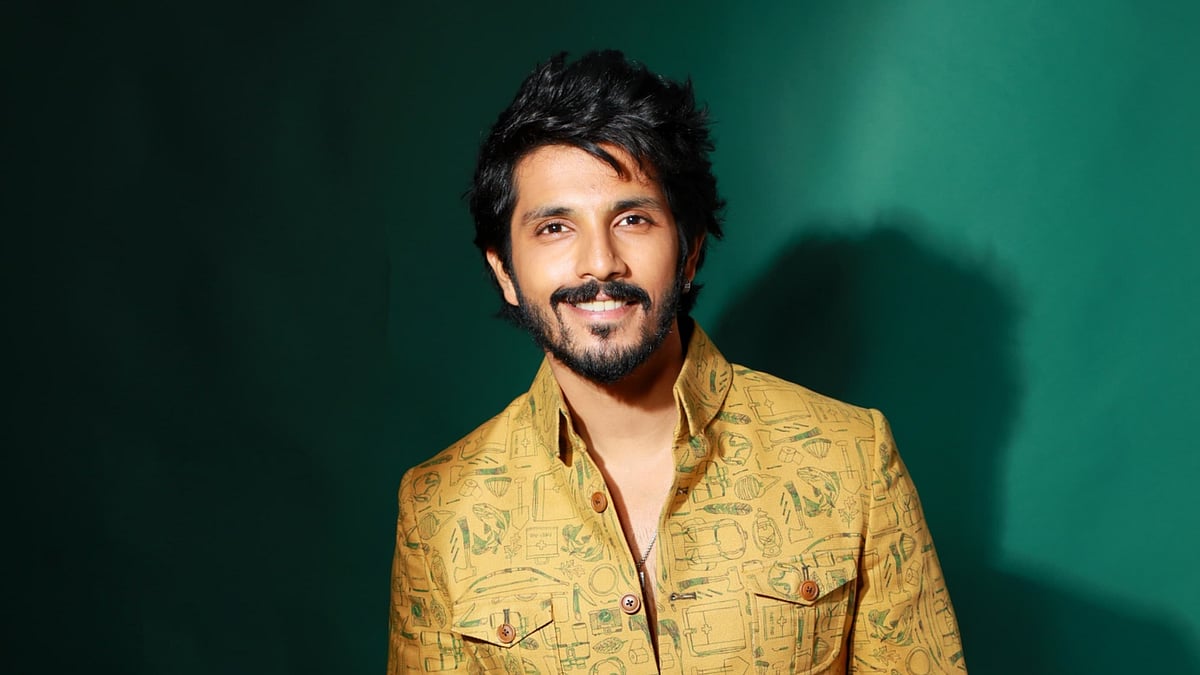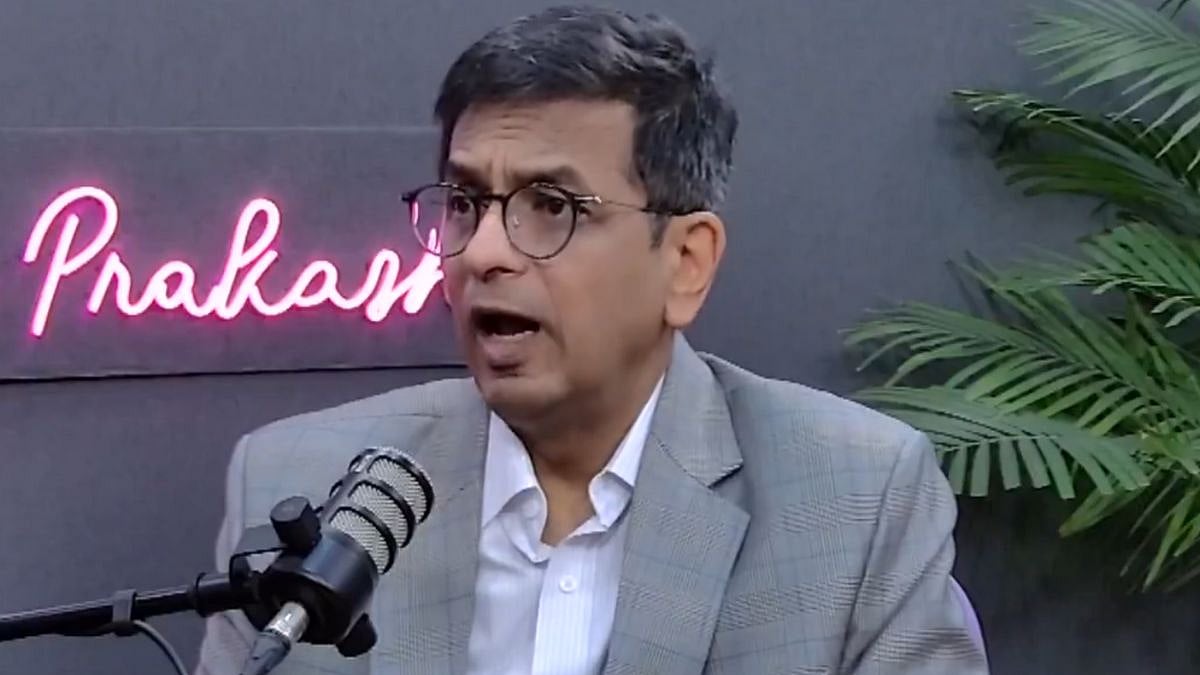Mumbai: As the deadline to give feedback to the Law Commission on UCC ends today (Thursday), a need for a comprehensive draft with wider consultation seemed to be a common refrain. The Law Commission through a notice dated June 14 had asked interested parties to reply within 30 days. Most religious groups have voiced apprehension and said that while they are in favour of gender justice, the government should take everyone on board and move forward only after consensus is reached.
“We had a meeting on the issue recently. Participants felt they could not give a ‘yes’ or ‘no’ to the issue unless there is a draft that the government puts before us. After releasing a draft they should ask for objections or suggestions. If it is good, even we will accept it. They should not rush it. They should do something only after having a consensus from our central body, the Shriomani Gurdwara Parbhandhak Committee (SGPC). They should also talk to other minorities,” said said Manmohan Singh, president, Sri Guru Singh Sabha, an umbrella body of gurudwaras in the city.
Singh: What will happen to our minority status?
He added, “We also have apprehensions, like what will happen to our minority status? Will the status of minorities itself be over? If everything is uniform, it would mean everything is one. We are sending a letter to the government on this seeking more time as 30 days are not sufficient for such an issue.”
The views of the Sikh community found echo with Christians. Father Nigel Barrett, spokesperson of Archdiocese of Bombay, said, “The church is not opposed to the Unified Civil Code but at the same time it feels that all stakeholders should be taken into confidence. There should be representation from all the communities otherwise it might seem like a majoritarian approach.”
Gender justice, the prime concern for sections of the Muslim community seeking UCC, found support and empathy from individual voices though the All India Muslim Personal Law Board and All India Shia Personal Law Board (AISPLB) opposed it.
Govt should have codified Muslim Personal Law: Co-founder of Bharatiya Muslim Mahila Andolan
“Ideally the government should have codified Muslim Personal Law. That could not happen due to resistance of the clergy. As the government has taken initiative, we see this as an opportunity for women to get justice,” said Zakia Soman, co-founder of Bharatiya Muslim Mahila Andolan.
BMMA, in its views to the Law Commission, has asked that marriage age for girls and boys be fixed, and an end to polygamy, Nikah Halala and temporary marriages, fair and just procedure for divorce and equal share in property, and guardianship and custody of the children to be with mother, and adoption be allowed as human right.
The Bombay Parsi Punchayet, apex body of the Parsi community, has already communicated to the “humdeens” (community members) that they seek “total exemption” from the UCC. For Parsis, issues of adoption and inheritance have been some of the apprehensions in the community. Its trustees refrained from commenting. While there was no group in the Jain community, some members FPJ spoke to had views ranging from being “neutral” to those supporting the UCC.
“Discrimination in any form is not right. Why should someone not be given rights in property? Marriage laws also should be the same. There is no logical reason why people should not enjoy the same thing or have the same limitations,” said Proj Bipin Doshi, a member of the Jain community.












